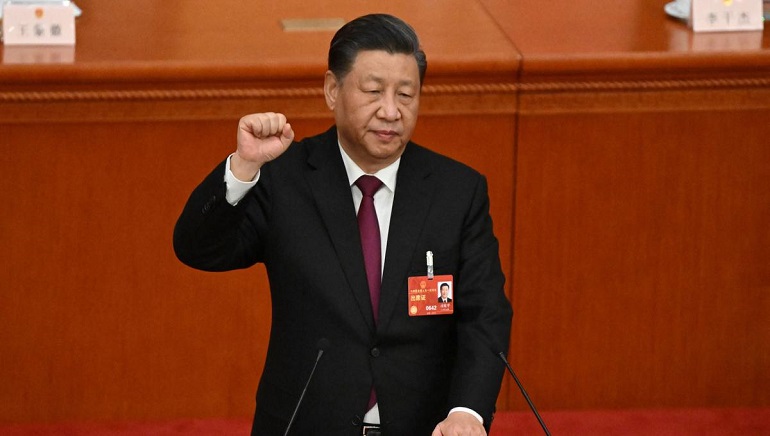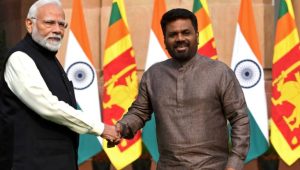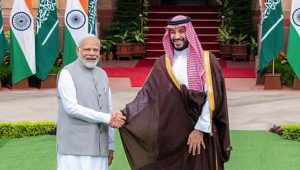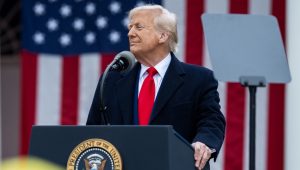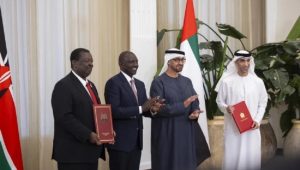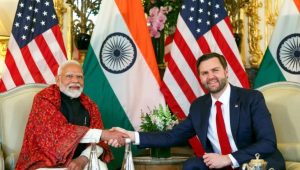Chinese leader Xi Jinping has begun his third term as the President of China, after securing a historic win as president in a ceremonial vote in Beijing’s Great Hall of the People on March 10. He received a unanimous 2,952 votes followed by a standing ovation.
Xi Jinping’s unprecedented third term as China’s president was officially endorsed by the country’s political elite, strengthening his control and making him the longest-serving head of state of Communist China since its foundation in 1949. His reappointment was largely seen as a formality, after the 69-year-old leader secured a norm-shattering third term as head of the Chinese Communist Party last fall.
In China, the presidency – or “state chairman” in Chinese – is a largely ceremonial title. Real power resides in the positions of head of the party and military, two key roles that Xi also holds and was reappointed to at a key Communist Party congress in October.
Xi has begun his third when the Chinese economy is struggling to recover from three years of harsh zero-COVID-19 restrictions, investor confidence is waning, and a demographic crisis is looming as the country registered its first population decline in six decades.
China is also facing a series of diplomatic headwinds from Washington and other Western capitals, as relations plummeted in recent years over Beijing’s human rights record, military build-up, handling of COVID-19, and growing partnership with Russia.





